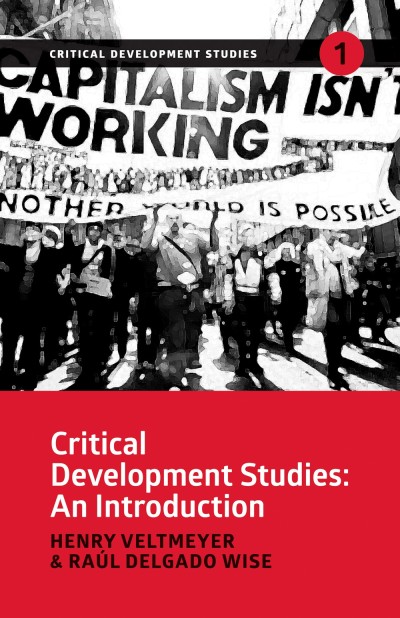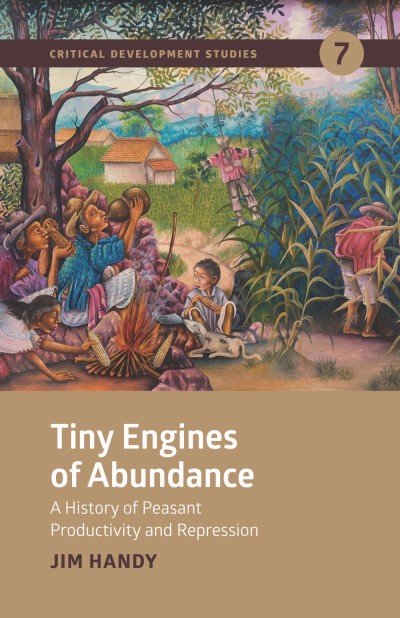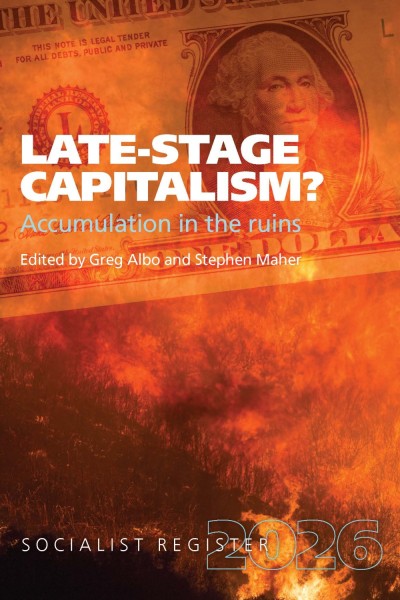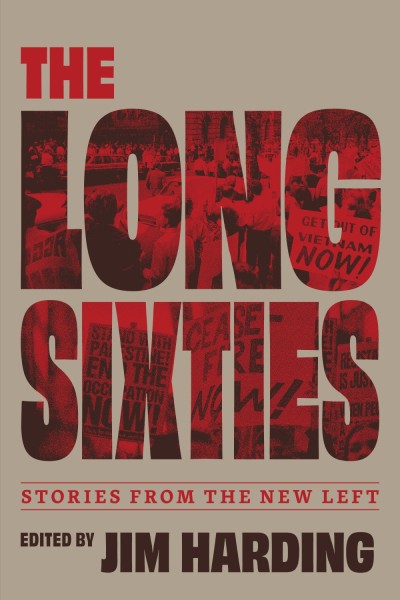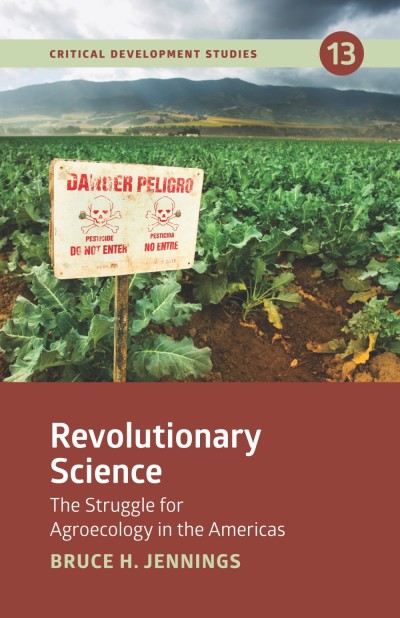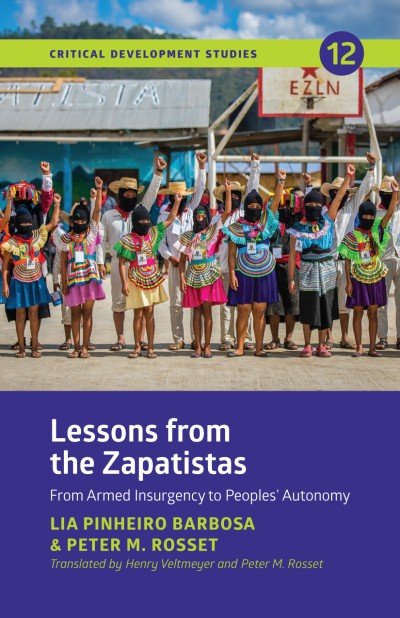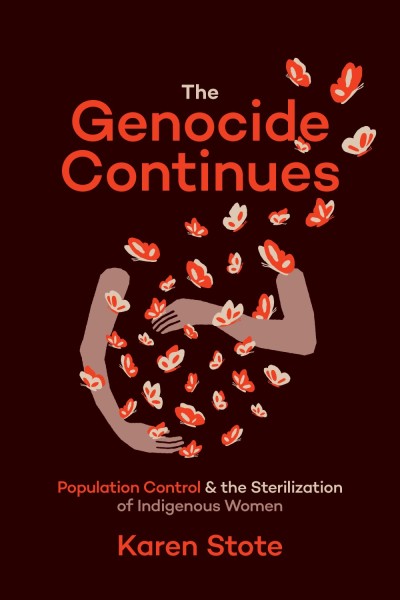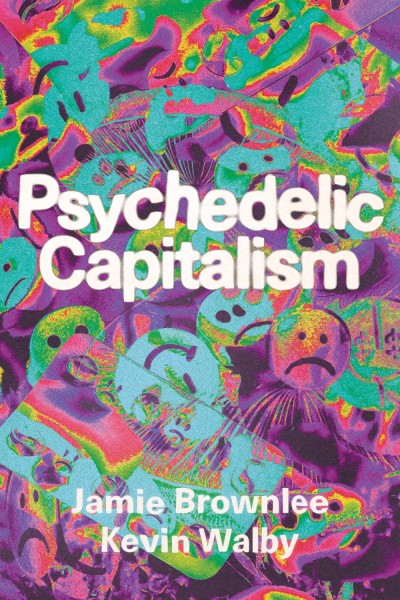
The Political Economy of Agrarian Extractivism
Lessons From Bolivia
This book analyzes how the Bolivian countryside is transformed by the development and expansion of the soy complex and reveals the extractive dynamics of capitalist industrial agriculture.
About the book
Around the world, plantation economies are on the rise. Increasing concerns over food, energy and financial security, combined with a geopolitical restructuring of the global agro-food system, have resulted in a rush to secure control over resources. New actors and forms of capital penetration have entered the countryside, transforming the forms and relations of production, property and power. Soybeans, with industrial inputs upstream and storage, processing and transportation downstream, have become a quintessential agro-industrial “flex crop,” used as feed, food, fuel and industrial materials, but the very extractive character of the soy complex has severe implications for society, the economy and the environment.
The Political Economy of Agrarian Extractivism analyzes how the Bolivian countryside is transformed by the development and expansion of the soy complex and reveals the extractive dynamics of capitalist industrial agriculture, while also challenging dominant discourses legitimating this model as a means to achieve inclusive and sustainable rural development. Ben McKay finds that within the context of Bolivia’s first Indigenous president, Evo Morales, and the Movement Towards Socialism, fundamental contradictions abound.
What people are saying
Jennifer Clapp, author of Speculative Harvests“McKay’s powerful analysis challenges dominant discourses to reveal the highly extractive nature of the industrial soy complex in Bolivia. With rich empirical detail, he shows how the underlying dynamics of agrarian extractivism generate social exclusion and environmental harm.”
Saturnino M. Borras Jr., professor of Agrarian Studies, International Institute of Social Studies; editor-in-chief of the Journal of Peasant Studies and co-author of The Politics of Transnational Agrarian Movements“Academics and activists who are interested in the politics of agrarian, food, environmental, and political democratization issues must read McKay’s compelling book: an empirically rich and theoretically brilliant book on agrarian extractivism.”
Gonzalo Colque, executive director, Fundación tierra, Bolivia“Ben M. McKay provides an advanced analysis of the ways in which large-scale destructive agriculture operates, using its power to nullify various forms of resistance, while revealing how even those promising projects like Evo Morales’ “Agrarian Revolution” in Bolivia can end up promoting an (agro)extractivist model. This book is vital for anyone interested in deepening their analysis of contemporary agrarian issues and politics.”
Cristóbal Kay, International Institute of Social Studies, Erasmus University Rotterdam; and School of Oriental and African Studies (SOAS), University of London.“Readers of Galeano’s Open Veins in Latin America published half a century ago will be attracted to this book. McKay masterfully discusses the “new open veins” of agro-extractivism arising from the new corporate-controlled industrialized food system. Its exclusionary effects on peasant and indigenous communities and damaging ecological impacts are carefully explored providing fresh insights into the new pillage facing them.”
Contents
- Introduction:Agrarian Change and the Politics of Control
- The Soy Complex in Latin America
- Land Control: Bolivia’s Agrarian Structure and Frontier Expansion
- State Control: The Politics of Agrarian Change
- Value-Chain Control: Relations of Debt and Dependency
- Agrarian Extractivism and the Politics of Control
- Conclusion
- Index
- Acknowledgements


